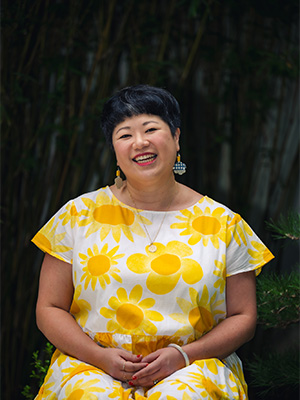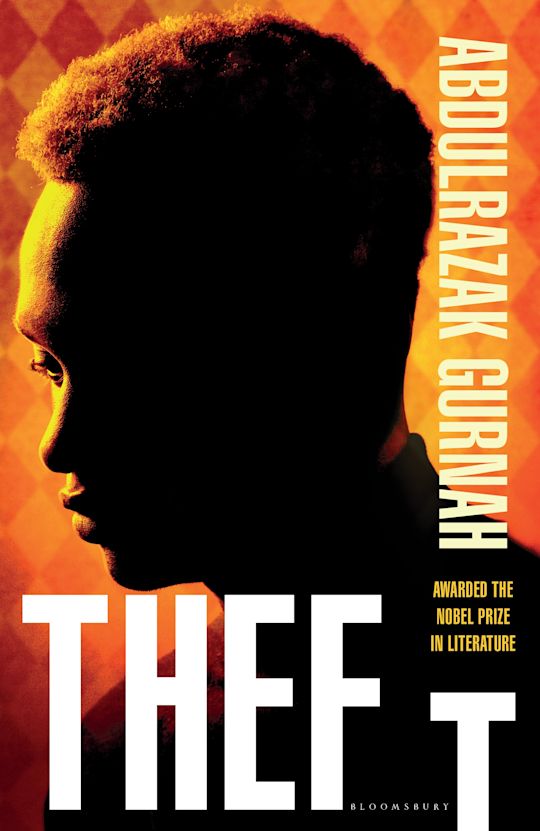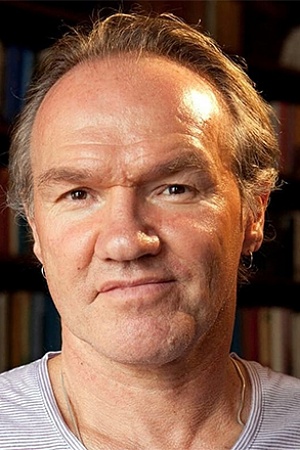Open Page with Lech Blaine
![]() Lech Blaine is the author of the memoir Car Crash (2021) and the Quarterly Essays Top Blokes (2021) and Bad Cop (2024). He is the 2023 Charles Perkins Centre writer in residence. His writing has appeared in Good Weekend, Griffith Review, The Guardian, and The Monthly. His latest book is Australian Gospel.
Lech Blaine is the author of the memoir Car Crash (2021) and the Quarterly Essays Top Blokes (2021) and Bad Cop (2024). He is the 2023 Charles Perkins Centre writer in residence. His writing has appeared in Good Weekend, Griffith Review, The Guardian, and The Monthly. His latest book is Australian Gospel.
If you could go anywhere tomorrow, where would it be, and why?
Nowhere. I have spent most of the year on separate book tours, while craving unbroken weeks at home. As I get older, I’m becoming more like my mother. She hated holidays.
What’s your idea of hell?
Living in a share house.
What do you consider the most specious virtue?
Tidiness.
What’s your favourite film?
I prefer TV shows to films, just as I prefer novels to short stories. For me, The Sopranos and The Wire are right up there with the great works of literature.
And your favourite book?
Underworld by Don DeLillo. I binged it for the first time while riding trains and buses from New York to Los Angeles. Occasionally, when I can’t sleep, I’ll pull Underworld up on my iPhone and read discursive snatches. A fairly intense bedtime story, to be sure.
Name the three people with whom you would most like to dine.
Nelson Mandela, Princess Diana, and my namesake Lech Walesa. I’ll bring the beers.
Which word do you most dislike, and which one would you like to see back in public usage?
There are no bad words. Even the most overused ones have a utilitarian beauty. ‘Gutless’ should be used on a daily basis in all manner of public and private contexts.
Who is your favourite author?
Helen Garner. What a body of work.
And your favourite literary hero or heroine?
Sybylla Melvyn from My Brilliant Career. My mother and I bonded over our love of that book, due perhaps to our shared identification with the main character.
Which qualities do you most admire in a writer?
Brevity.
Which book influenced you most in your youth?
The Slap by Christos Tsiolkas. I read it in the private quarters of my father’s tavern as a teenager, and wrote an essay comparing it to The Castle. Tsiolkas painted a complicated portrait of the Australian suburbs in the age of John Howard that meshed with my own experiences, thereby verifying that they were fertile terrain for literature.
Name an early literary idol or influence whom you no longer admire – or vice versa.
David Foster-Wallace. Not to completely discount his considerable talent, but young men with literary ambitions are often susceptible to imitating him. My own attempts to recreate his style were cringeworthy and diluted the truths that I was trying to convey. Now, I prefer Mary Karr, the ex-partner whom he treated deplorably.
Do you have a favourite podcast?
Conversations on the ABC has stood the test of time, providing a beacon of quiet enquiry and empathy during an age of breathless antagonism.
What, if anything, impedes your writing?
Lack of sleep and exercise, and bad diet. I am also hypersensitive to sound. I guard my attention span by ignoring pretty much everything except what I am currently working on, to the great consternation of the landlords and companies I owe money.
What qualities do you look for in critics?
Brutal honesty. The literary ecosystem needs it. Writers are often their own harshest critics. I’m not too surprised if someone else finds imperfections in what I’ve written. People learn more from constructive criticism than cheap praise.
How do you find working with editors?
I was incredibly precious at first. I didn’t come from a formal journalism or creative writing background, so I wasn’t used to receiving ruthless feedback. Now I beg for it. I am incredibly fortunate to work continuously with one editor – Chris Feik – across both my memoirs and essays. He is a humble genius.
What do you think of writers’ festivals?
I must say that I enjoy the solitude and repetition of the writing process more than the public events. But writers’ festivals are a lot of fun. Unfortunately for the audience, I am much less vulnerable and insightful on a panel than I am in my prose.
Are artists valued in our society?
Yes and no. They are mythologised in certain ways, and yet taken for granted by governments. But I would also argue there are some incredibly important jobs that are massively underpaid. I don’t think this is a problem unique to artists.
What are you working on now?
I have just finished a book tour and publicity cycle for an emotionally loaded project, so I am working on a backlog of correspondence and aforementioned unpaid bills. I have a couple of future projects in mind – one political, the other personal. First, I want to get back into the habit of reading for pleasure and being an emotionally present partner.

 RAI.jpg)







Leave a comment
If you are an ABR subscriber, you will need to sign in to post a comment.
If you have forgotten your sign in details, or if you receive an error message when trying to submit your comment, please email your comment (and the name of the article to which it relates) to ABR Comments. We will review your comment and, subject to approval, we will post it under your name.
Please note that all comments must be approved by ABR and comply with our Terms & Conditions.